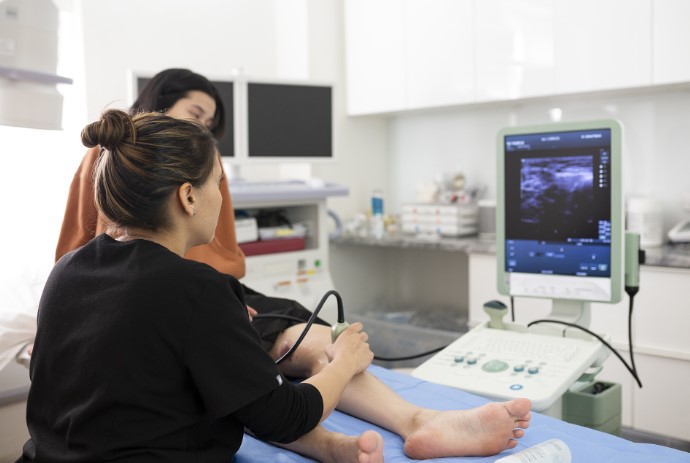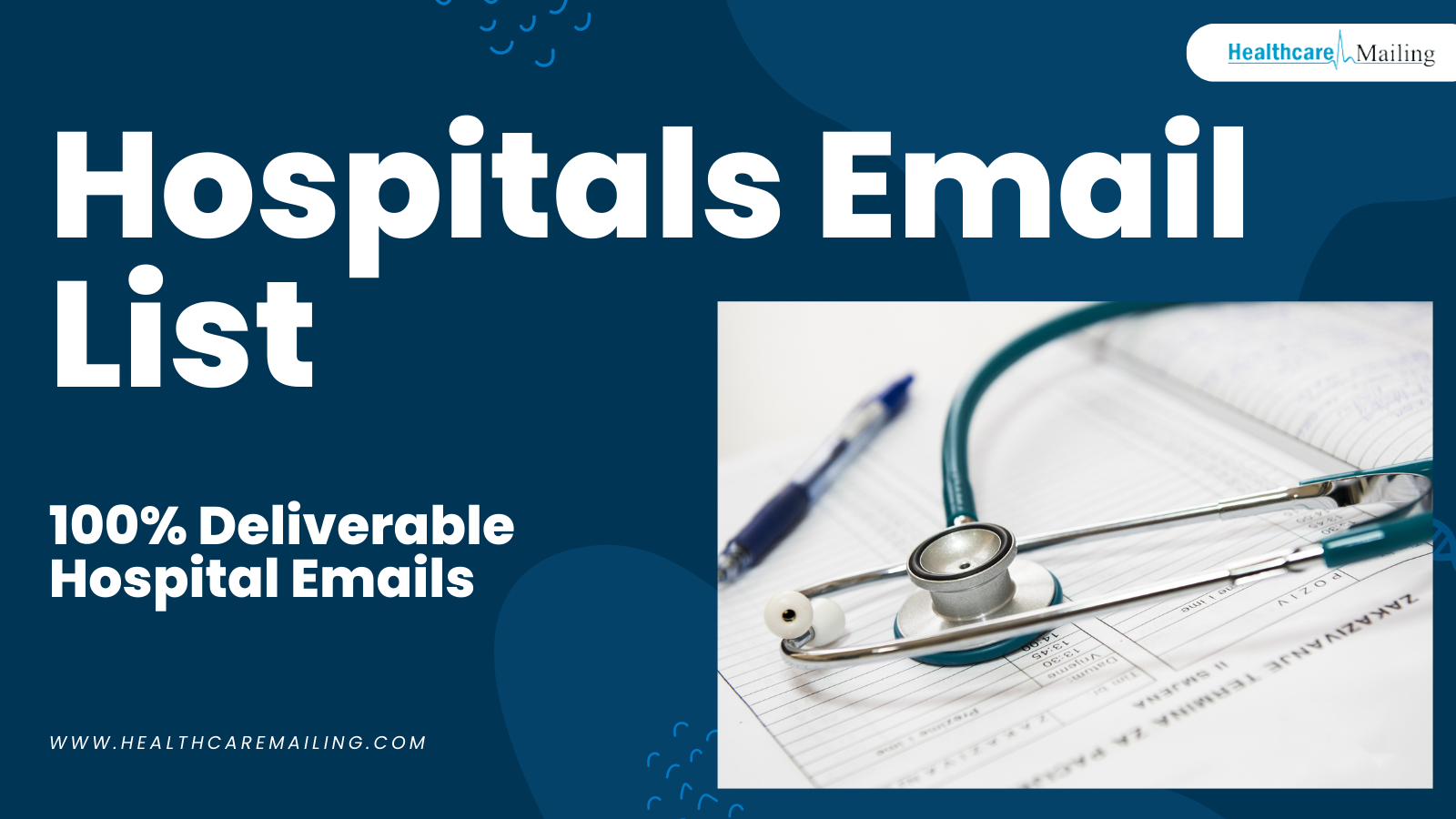Varicose veins are more than just a cosmetic issue. They can cause discomfort, pain, and even lead to more serious health complications if left untreated. Finding the right care is essential, but what kind of specialist treats varicose veins, and why should you consult one? In this article, we’ll explore the advantages of seeking professional care for varicose veins, the types of specialists involved, and the treatment options they provide.
Why Should You See a Specialist for Varicose Veins?
Before diving into what kind of specialist treats varicose veins, it’s important to understand the benefits of seeking professional care. Varicose veins are swollen, twisted veins that typically appear in the legs. While some people may see them as a cosmetic problem, varicose veins can be symptomatic of underlying circulatory issues.
Here are a few reasons why seeing a specialist is the best course of action:
- Accurate Diagnosis: Not all vein issues are immediately visible, and a specialist can accurately diagnose the condition using tools like ultrasounds to determine the severity of the problem.
- Comprehensive Treatment Options: Specialists have access to a wide range of treatments, from conservative approaches to advanced minimally invasive procedures that can help eliminate varicose veins and prevent further complications.
- Prevention of Future Issues: A specialist can provide long-term solutions that not only treat the visible symptoms but also address the root causes to prevent recurrence.
- Expertise in Vein Health: Specialists are trained to understand the complexities of the vascular system and are well-versed in identifying and treating vein-related health conditions.
What Kind of Specialist Treats Varicose Veins?
The treatment of varicose veins often falls under the expertise of a few different types of doctors. Each type of specialist brings their own set of skills to the table, ensuring comprehensive and effective treatment for patients dealing with vein issues.
1. Vascular Surgeons
A vascular surgeon is the most common type of specialist that treats varicose veins. They specialize in conditions affecting the vascular system, which includes veins and arteries. Vascular surgeons are skilled in both surgical and non-surgical treatments for varicose veins.
- What They Do: Vascular surgeons can perform a wide array of treatments, ranging from minimally invasive procedures like sclerotherapy to more complex surgeries, depending on the severity of the varicose veins.
- Why Choose a Vascular Surgeon: If you have severe varicose veins, complications such as ulcers or blood clots, or if you’ve already tried conservative treatments without success, a vascular surgeon will have the expertise to provide the most appropriate care.
2. Phlebologists
Phlebologists are vein specialists who focus specifically on diagnosing and treating conditions related to the veins. Their practice centers on minimally invasive procedures for issues like varicose veins and spider veins.
- What They Do: Phlebologists are highly trained in the treatment of vein disorders and typically offer treatments such as laser therapy, sclerotherapy, and radiofrequency ablation. These treatments are less invasive than surgery and have shorter recovery times.
- Why Choose a Phlebologist: If you are looking for a non-surgical solution or have mild to moderate varicose veins, a phlebologist might be the ideal choice for your treatment. Phlebologists often prioritize treatments that minimize discomfort and downtime.
3. Dermatologists
Some dermatologists specialize in the cosmetic treatment of varicose veins, especially in less severe cases. They usually deal with smaller veins, like spider veins, and may provide treatments that improve the appearance of the skin.
- What They Do: Dermatologists may offer laser treatments, sclerotherapy, or other skin-based therapies that target superficial veins.
- Why Choose a Dermatologist: If your main concern is the cosmetic appearance of varicose veins or spider veins, and the veins aren’t causing pain or other health problems, a dermatologist can provide non-invasive treatments that focus on aesthetics.
What Treatments Do Specialists Offer for Varicose Veins?
Varicose vein treatment options have evolved significantly over the years. Specialists now offer a variety of minimally invasive techniques that allow for effective treatment with minimal recovery time. Below are some of the most common treatment options provided by specialists.
1. Sclerotherapy
Sclerotherapy is one of the most popular and effective treatments for varicose veins and spider veins. During the procedure, a specialist injects a solution into the vein that causes it to collapse and eventually fade from view.
- Who Offers It: Phlebologists, vascular surgeons, and dermatologists.
- Advantages: Sclerotherapy is minimally invasive, requires no anesthesia, and can be done in an outpatient setting. Most patients can return to normal activities the same day.
2. Endovenous Laser Treatment (EVLT)
Endovenous laser treatment involves inserting a small laser fiber into the affected vein. The laser heats the vein, causing it to close off and gradually be absorbed by the body. EVLT is highly effective for larger varicose veins.
- Who Offers It: Vascular surgeons and phlebologists.
- Advantages: EVLT is a minimally invasive procedure that typically takes less than an hour to perform. It offers a faster recovery time compared to traditional surgery.
3. Radiofrequency Ablation (RFA)
Radiofrequency ablation is a procedure that uses radiofrequency energy to heat and close off varicose veins. Like EVLT, this procedure is minimally invasive and targets larger veins.
- Who Offers It: Vascular surgeons and phlebologists.
- Advantages: RFA is effective, safe, and results in minimal scarring. It can treat larger varicose veins without the need for more invasive surgery.
4. Ambulatory Phlebectomy
For larger varicose veins, ambulatory phlebectomy might be necessary. This procedure involves the removal of the affected veins through small incisions in the skin. It’s usually done under local anesthesia.
- Who Offers It: Vascular surgeons.
- Advantages: Ambulatory phlebectomy provides immediate relief from symptoms caused by large varicose veins and leaves minimal scarring.
How to Choose the Right Specialist for Your Varicose Vein Treatment
Selecting the right specialist to treat varicose veins depends on the severity of your condition, your treatment preferences, and your health goals. Here are a few tips for choosing the right specialist:
- Severity of Condition: If you have mild to moderate varicose veins, a phlebologist or dermatologist may be the best choice for minimally invasive treatment. For more severe cases, a vascular surgeon is likely the most appropriate option.
- Desired Treatment Outcome: If you’re primarily concerned with aesthetics, a dermatologist may focus on treatments that improve the appearance of the skin. If you’re experiencing pain or other symptoms, a vascular surgeon or phlebologist can provide more comprehensive care.
- Credentials and Experience: Look for specialists who are board-certified in their field and have extensive experience treating varicose veins.
Conclusion
Understanding what kind of specialist treats varicose veins is crucial for ensuring you receive the best care possible. Whether you choose a vascular surgeon, phlebologist, or dermatologist, seeking professional help will provide you with accurate diagnoses and effective treatments tailored to your specific needs. By addressing your varicose veins with the right specialist, you can improve your health, alleviate symptoms, and boost your confidence.




